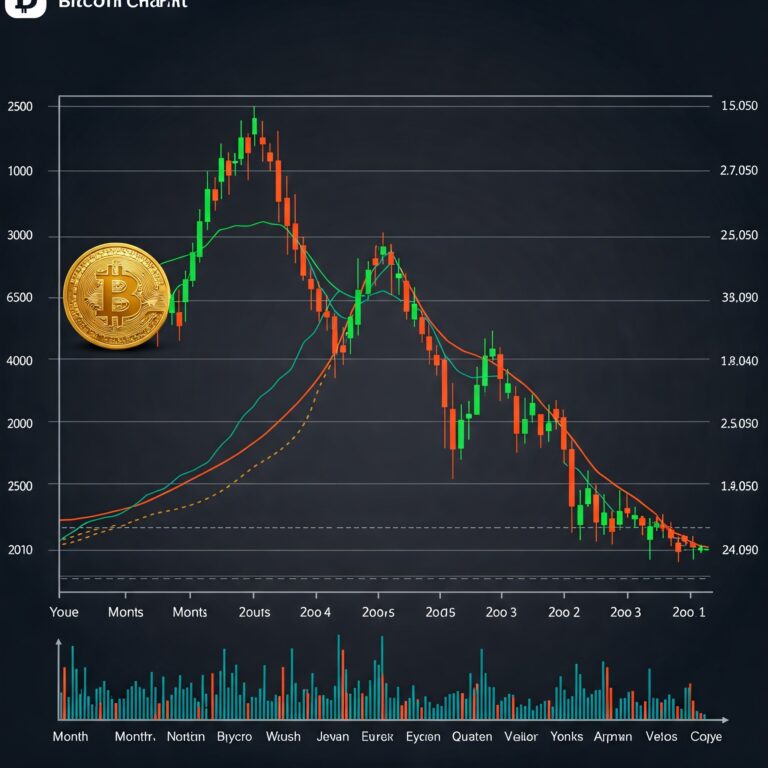
In a renewed crackdown reminiscent of the controversial Operation Chokepoint, US lawmakers are investigating reports of banks denying services to cryptocurrency companies. Dubbed “Operation Chokepoint 2.0” by industry insiders, this alleged effort has sparked concerns about financial discrimination, regulatory overreach, and the broader implications for financial innovation in the United States.
Background: Operation Chokepoint
Operation Chokepoint was a 2013 initiative by the US Department of Justice (DOJ) that sought to cut off access to banking services for businesses deemed high-risk, including payday lenders and firearms dealers. Critics argued that this program unfairly targeted lawful businesses without due process, effectively pressuring financial institutions to close accounts under regulatory threat.
Though the original Operation Chokepoint was officially terminated in 2017, concerns have emerged that a similar strategy is being applied to cryptocurrency firms under the guise of regulatory compliance.
Allegations of Systematic Debanking
Several cryptocurrency companies have reported sudden account closures, difficulties in securing banking partnerships, and increased scrutiny from financial regulators. Reports suggest that major banks have been quietly distancing themselves from the digital asset sector, citing compliance concerns, anti-money laundering (AML) regulations, and fraud prevention.
Critics argue that this pattern resembles a coordinated effort to “choke off” crypto firms from the traditional financial system, impeding their ability to operate effectively. Lawmakers, including members of the US House Financial Services Committee, have taken notice and are demanding transparency from regulators and financial institutions.
Congressional Inquiry and Industry Reactions
A bipartisan group of lawmakers has launched an inquiry into the alleged debanking of crypto firms. Representative Tom Emmer, a vocal advocate for blockchain innovation, has called for clear guidelines rather than broad de-risking measures that stifle an emerging industry.
Industry leaders, including executives from major crypto exchanges and blockchain advocacy groups, have warned that such practices could drive innovation offshore, benefiting foreign markets while disadvantaging the US economy. Some companies are now considering alternative banking arrangements, including partnerships with overseas institutions or blockchain-based financial networks.
Regulatory Perspectives
Regulators, including the Office of the Comptroller of the Currency (OCC) and the Federal Reserve, have maintained that financial institutions are free to choose their business relationships based on risk assessments. However, concerns persist that behind-the-scenes pressure from regulatory bodies may be influencing banks to sever ties with crypto firms preemptively.
SEC Chair Gary Gensler and other officials have emphasized the need for strong consumer protection measures in the digital asset space, often highlighting the volatility and risks associated with cryptocurrencies. However, crypto advocates argue that regulatory clarity, rather than exclusionary tactics, is the appropriate path forward.
The Road Ahead
As investigations unfold, the outcome of this inquiry could have significant implications for the future of cryptocurrency regulation in the US. If evidence emerges of undue pressure on banks, it could lead to legislative efforts to ensure fair access to financial services for crypto businesses.
For now, the digital asset industry remains in a state of uncertainty, navigating an evolving regulatory landscape while advocating for a more transparent and inclusive financial system. The coming months will be critical in determining whether Operation Chokepoint 2.0 is a legitimate concern or merely heightened caution by financial institutions in a rapidly changing sector.




